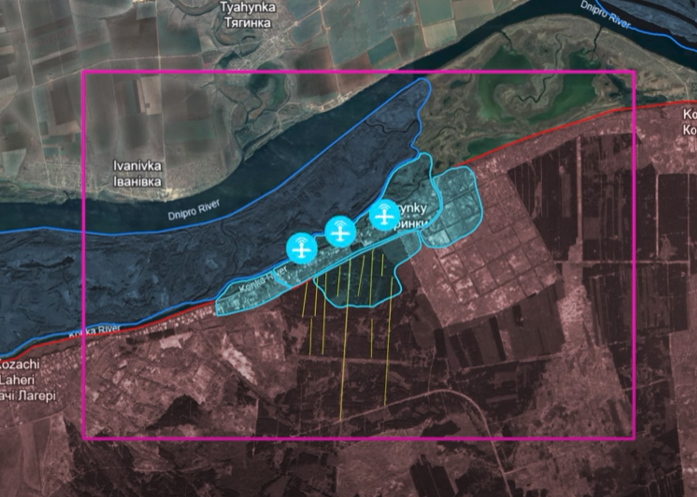The EPA said this week that it would grant a pending approval to Mosaic Fertilizer LLC to use a material called phosphogypsum in a few sections of road on the company’s property.
Phosphogypsum contains radium, which decays to form radon gas, both of which are radioactive and can cause cancer, according to the agency.
Phosphogypsum is a waste product that comes from the fertilizer production process and is currently kept in “stacks” as part of an attempt to limit public exposure.
Mosaic asked the agency to allow it to build three 200-foot sections of road with phosphogypsum mixtures “to demonstrate the range of … road construction designs.”
The EPA said in its preliminary approval that the potential radiological risks to public health of building the small scale pilot project are no higher than those of keeping phosphogypsum in a stack.
However, the agency has raised concerns in the past about using the material in road construction.
It said in 1992 the use of phosphogypsum in road construction was always considered unsafe, and it noted risks to both construction workers and anyone who later builds a home where the phosphogypsum road had once been.
While the project is being described as a pilot, an EPA spokesperson said the approval of an individual project “does not imply approval of any other or future request.”
“EPA’s full review process, including risk assessment, must take place for each request for other use of phosphogypsum, and approvals are granted on a case-by-case basis,” the spokesperson said.
Read more at TheHill.com.












